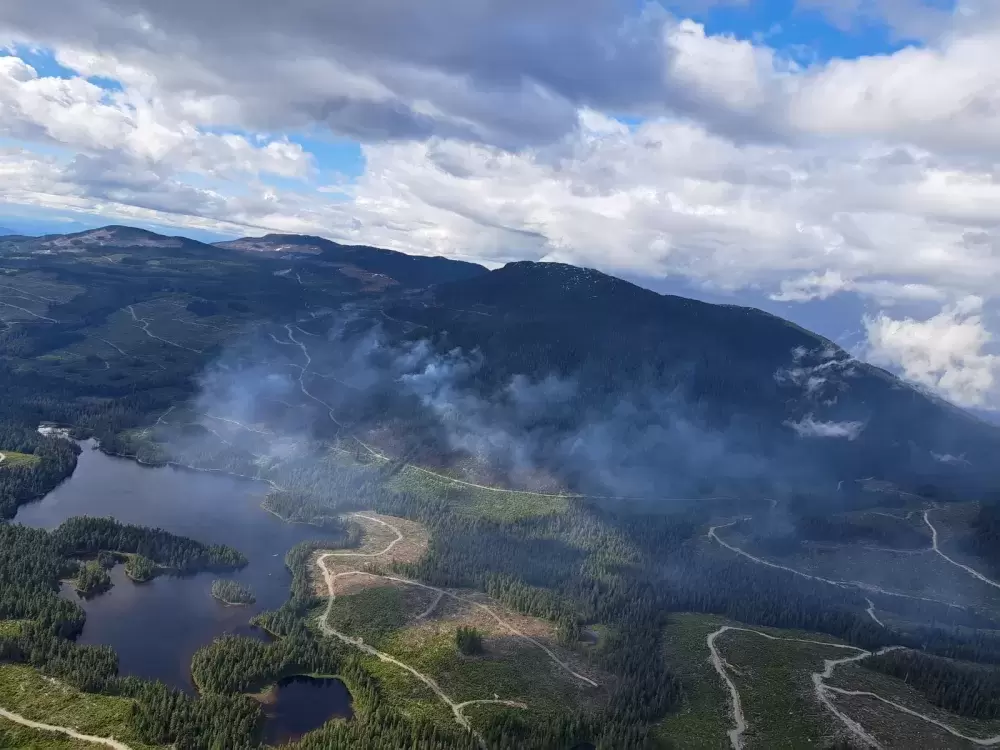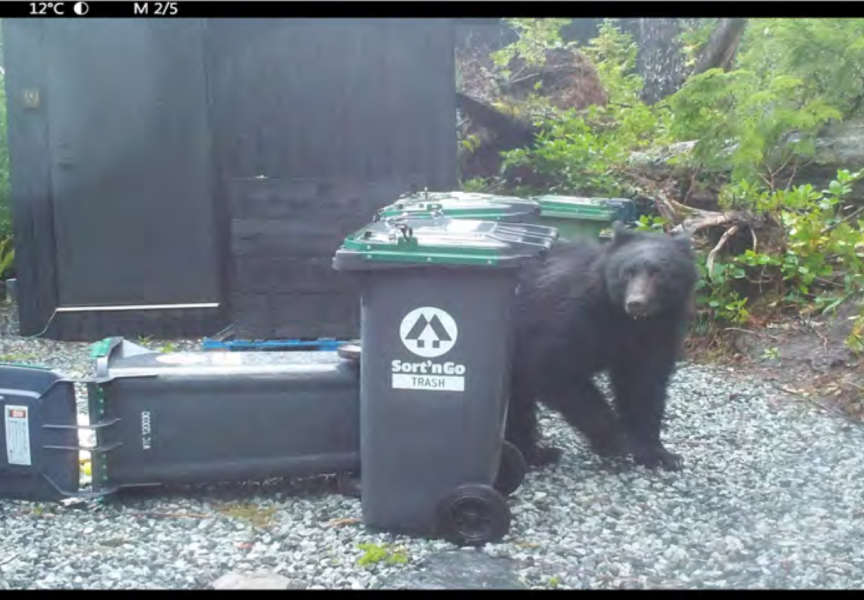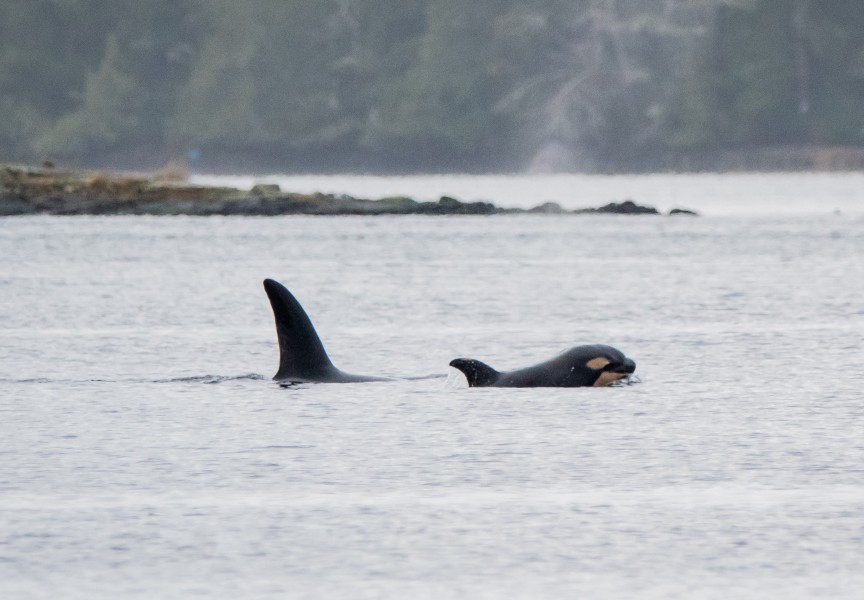The Regional District that encompasses Campbell River, the Homalco First Nation, Ka:'yu:'k't'h'/Che:k'tles7et'h' First Nations, K’ómoks First Nation, Nuchatlaht First Nation, Gold River, and Sayward received over $1.1 million from the Community Emergency Preparedness Fund to strengthen its resilience against climate-related disasters.
Through the CEPF, the province is providing over $44 million in funding to be allocated among 70 projects in 63 communities throughout British Columbia under the Disaster Risk Reduction-Climate Adaptation program, reads a provincial press release.
“With the severe flooding, drought and wildfires we’ve experienced recently, we are seeing direct impacts of climate change here in B.C.,” said Bowinn Ma, minister of Emergency Management and Climate Readiness in the press release. “We’re investing in mitigation projects across the province so we can reduce the risk of disasters when they happen. These projects will help communities better protect themselves against climate-related events and increase their resilience in the long run to keep people across B.C safer.”
According to a staff report provided by the Strathcona Regional District, among the number of projects to be funded are the Houpsitas Watershed Restoration Project and the Nootka Island Ecological Restoration Strategy. Both projects will include a watershed risk assessment and a stream restoration design with aims to support “long-term solutions that reduce the impact of disasters” and develop engagement with the respective First Nation, reads the document.
For Ka:'yu:'k't'h'/Che:k'tles7et'h' First Nation, located in the Strathcona region, emergency preparedness is important due to how remote they are, said Emergency Preparedness Coordinator Elizabeth Jack.
“We’re three and a half to four hours from the closest city, which is Campbell River,” said Jack. “We don’t have the luxury of having a hospital or walk-in clinic or doctor here 24/7.”
When asked about the importance of funding for emergency preparedness, Jack shared that through partnerships with SRD and the Holistic Emergency Preparedness and Response the First Nation has been able to achieve grants for projects that have helped the its emergency program, such as Tsunami sirens, an evacuation plan as well as emergency sea cans and supplies (blankets, pillows, and dried food etc.).
According to the Union of BC Municipalities, which administers the Disaster Risk Reduction-Climate Adaptation funding stream, the program is to reduce risks of future disasters from natural hazards.
Intake for the 2023/2024 Disaster Risk Reduction-Climate Adaptation program is open until Oct. 6, 2023.







